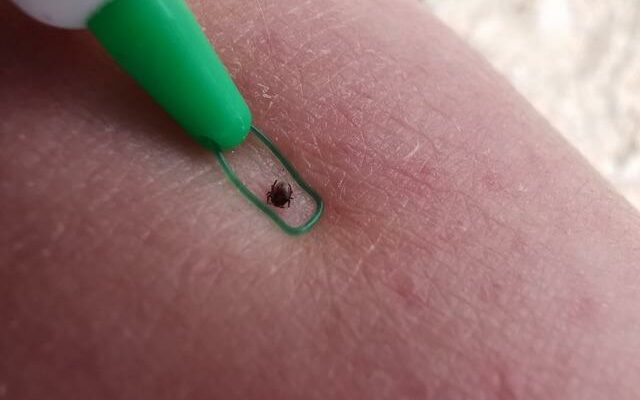In Yozgat, one of the provinces where Crimean-Congo Hemorrhagic Fever (CCHF) disease is frequently seen, an increase in tick cases is observed as the weather warms up after the spring season. Crimean-Congo Hemorrhagic Fever disease threatens human health, especially in rural areas. Experts warn citizens, especially in rural areas and regions where tick cases are common, to be careful about ticks and take precautions.
Prof. stated that with the warming of the weather throughout the country, Crimean-Congo Hemorrhagic Fever disease has begun to seriously threaten human health, especially in rural areas. Dr. Çiğdem Kader said that the most effective method in the fight against ticks is precaution, early diagnosis and treatment.
“DO NOT TOUCH THE TICK WITH BARE HANDS”
Prof. stated that Crimean-Congo Hemorrhagic Fever (CCHF) is a serious, fatal disease that can be transmitted from animals to humans and can be seen in the region. Dr. Kader said, “This disease can be seen frequently in spring and summer, when ticks are active. We expect the number of CCHF cases to increase in the coming days, in parallel with the increase in tick risk contacts with the warming of the weather. We obtained information that there will be nearly a thousand risky tick contacts across Yozgat in 2024. However, it is not the case that all of these contacts will lead to CCHF. If there are ticks carrying the virus, the disease develops after contact with that tick. The important thing here is that people remove ticks from their bodies as soon as possible after tick contact.
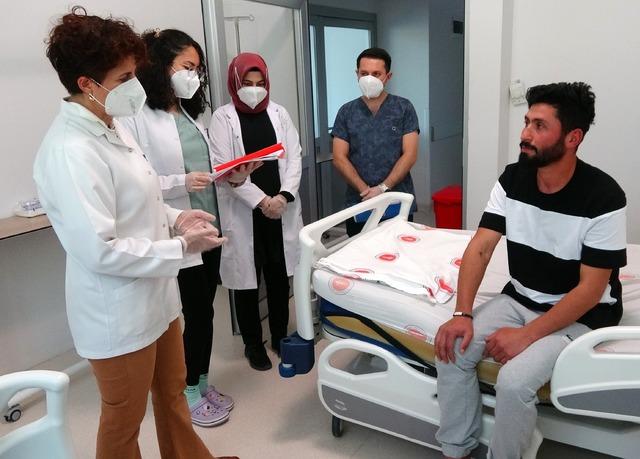
While doing this, they should remove the tick from their body as soon as possible with a glove, cloth or bag, rather than with bare hands. Even if they cannot remove the tick from their body, it is important for them to consult a healthcare provider. After this, they should check themselves for infection for 10 days and apply to a health institution at regular intervals. If diagnosed early, it is possible to get rid of this disease with supportive treatment. However, when it comes to late diagnosis, unfortunately, we can lose almost the majority of patients. Prevention and early diagnosis are very important here. “The coming days may be particularly risky as ticks become active as the weather warms up.” said.
“THE EARLIER THE TICK IS REMOVED FROM THE BODY, THE REDUCES THE RISK”
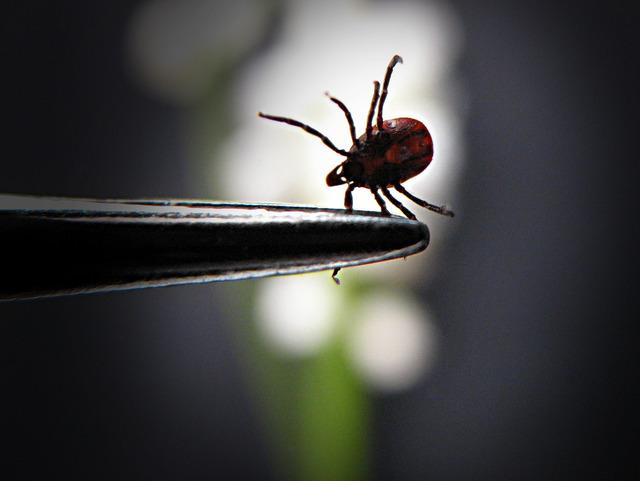
Prof. also touched upon ways to protect against ticks in rural areas. Dr. Kader said, “Our people who are engaged in farming and animal husbandry in rural areas or who go on picnics should prefer long-sleeved and light-colored clothes, and our citizens who work in rural areas should tuck their trouser legs into their socks and wear boots. After returning home from work, it is very important for them to check every part of their body one by one, especially areas such as the armpit, groin area and nape of the neck, for ticks. Because the sooner the tick is removed from the body, the lower the risk. “In addition, it is important for them to apply to the nearest health institution,” he said.
“IT IS SMALL, BUT IT HAS A BIG TROUBLE”
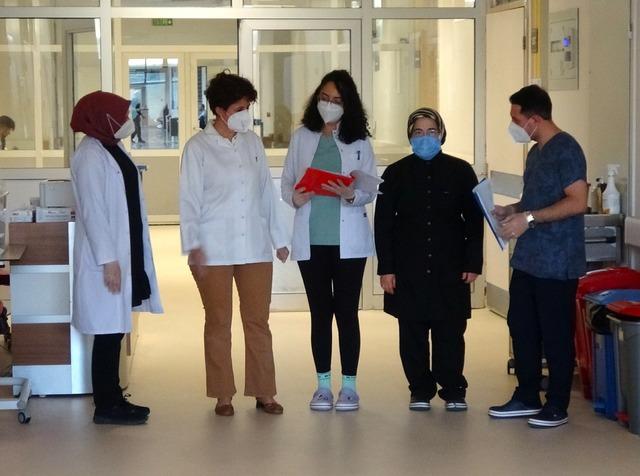
Mesut Güngördü, who is engaged in animal husbandry in the Çekerek district of Yozgat, stated that he has been treated at Yozgat Bozok University Research and Application Hospital for 10 days as a result of a tick bite and said, “While I was dealing with animal husbandry in the Çekerek district, I saw a tick stuck to my arm and I ripped the tick off my arm. I didn’t pay much attention to it at first. When I went home, first there was fever and nausea. I went to bed and rested. But I had constant joint pain, I couldn’t feel anything from the waist down.
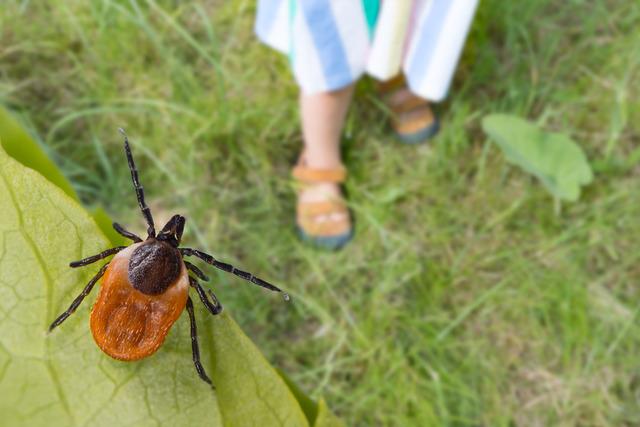
I went to the district hospital and at first I didn’t want to say that I had a tick. They administered treatment, but when I went home, the complaints recurred. This time I told the doctors at the hospital that I had a tick, and they referred me to Yozgat. It was a very bad situation, I couldn’t come to my senses for 3 days. “Friends who are engaged in animal husbandry should definitely not tear the tick off their bodies with bare hands. It looks small, but it causes great trouble.” (UAV)
